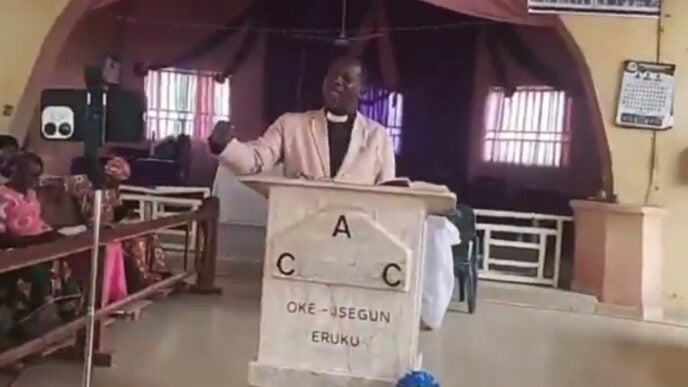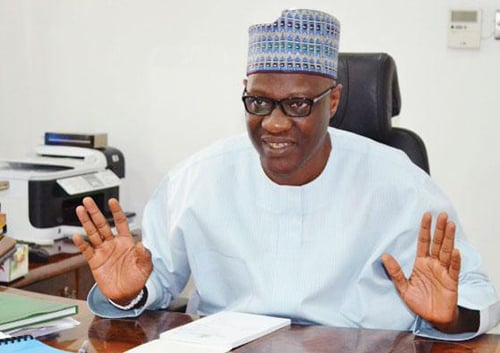The Resource Centre for Human Rights and Civic Education (CHRICED) says the original inhabitants of the Federal Capital Territory (FCT) still face exclusion despite decades of sustained advocacy for their rights.
In recent years, the indigenous inhabitants of the FCT have protested the alleged takeover of their ancestral lands for infrastructural projects without adequate compensation, as well as their exclusion from key political appointments such as ministerial positions.
A bill seeking to establish a board to oversee the compensation and resettlement of Abuja indigenes has made minimal legislative progress in the house of representatives.
Speaking on Saturday in Abuja at the media launch of CHRICED’s 2026–2030 strategic plan, Ibrahim Zikirullahi, the organisation’s executive director, said the persistent denial of the rights of FCT natives is a fundamental injustice that Nigeria must urgently address.
Advertisement
Zikirullahi said the new plan builds on nearly two decades of CHRICED’s work with marginalised communities and seeks to tackle emerging challenges through a rights-based approach that centres on inclusion, justice, and democratic accountability.
He described the plight of FCT’s original inhabitants as a stark reminder of how exclusion continues to shape national development.
“Indigenous communities, particularly the original inhabitants of the federal capital territory, continue to face systemic exclusion, denied the full recognition and participation that justice demands,” he said.
Advertisement
“A democracy that excludes its original inhabitants cannot claim legitimacy. Their heritage, culture, and rights must be protected.
“We will continue to champion the rights of indigenous populations, ensuring their voices are heard and their dignity respected in national development.”
Zikirullahi said Nigeria stands at a difficult crossroads, facing climate threats, persistent insecurity, high maternal and child mortality, digital repression, and widespread electoral malpractice, noting that the challenges demand urgent, collective action.
He said CHRICED’s new five-year plan focuses on six core pillars: environmental justice, indigenous rights, maternal and child health, digital empowerment, democratic accountability, and electoral integrity.
Advertisement
Zikirullahi called for stronger institutions to guarantee free and fair elections, warning that electoral malpractice continues to undermine democracy and public trust.








